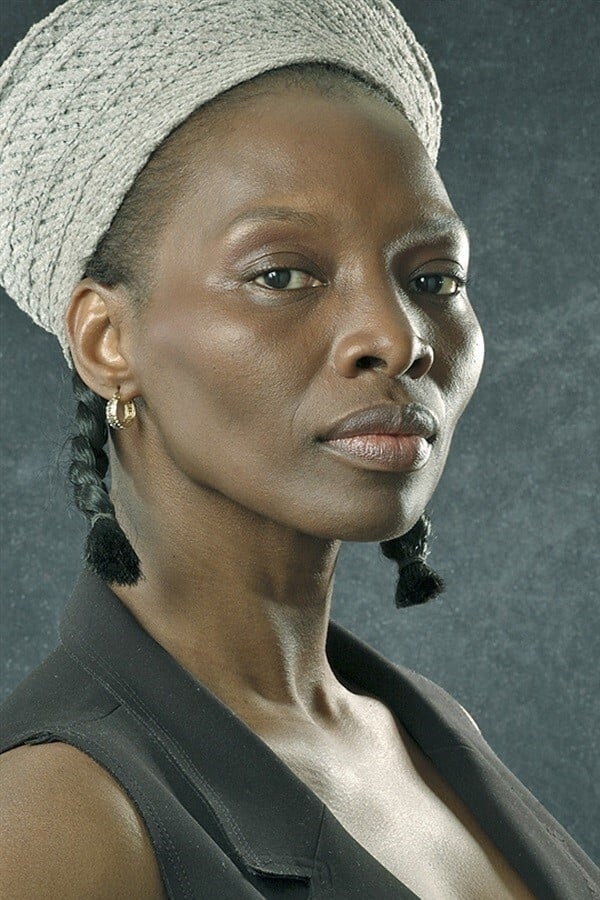
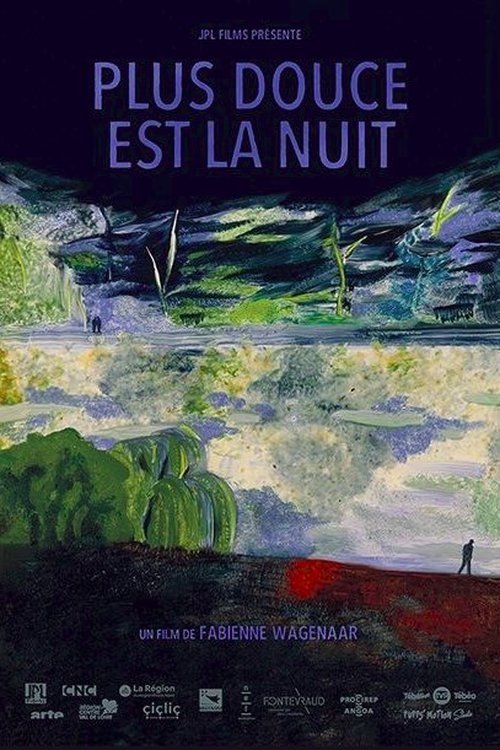
West Africa, early 1960s. A French officer is assigned to find a missing missionary. His investigation, amid mistrust, silence and prejudice, takes him far away from the glittering shoreline, where day and night become one.
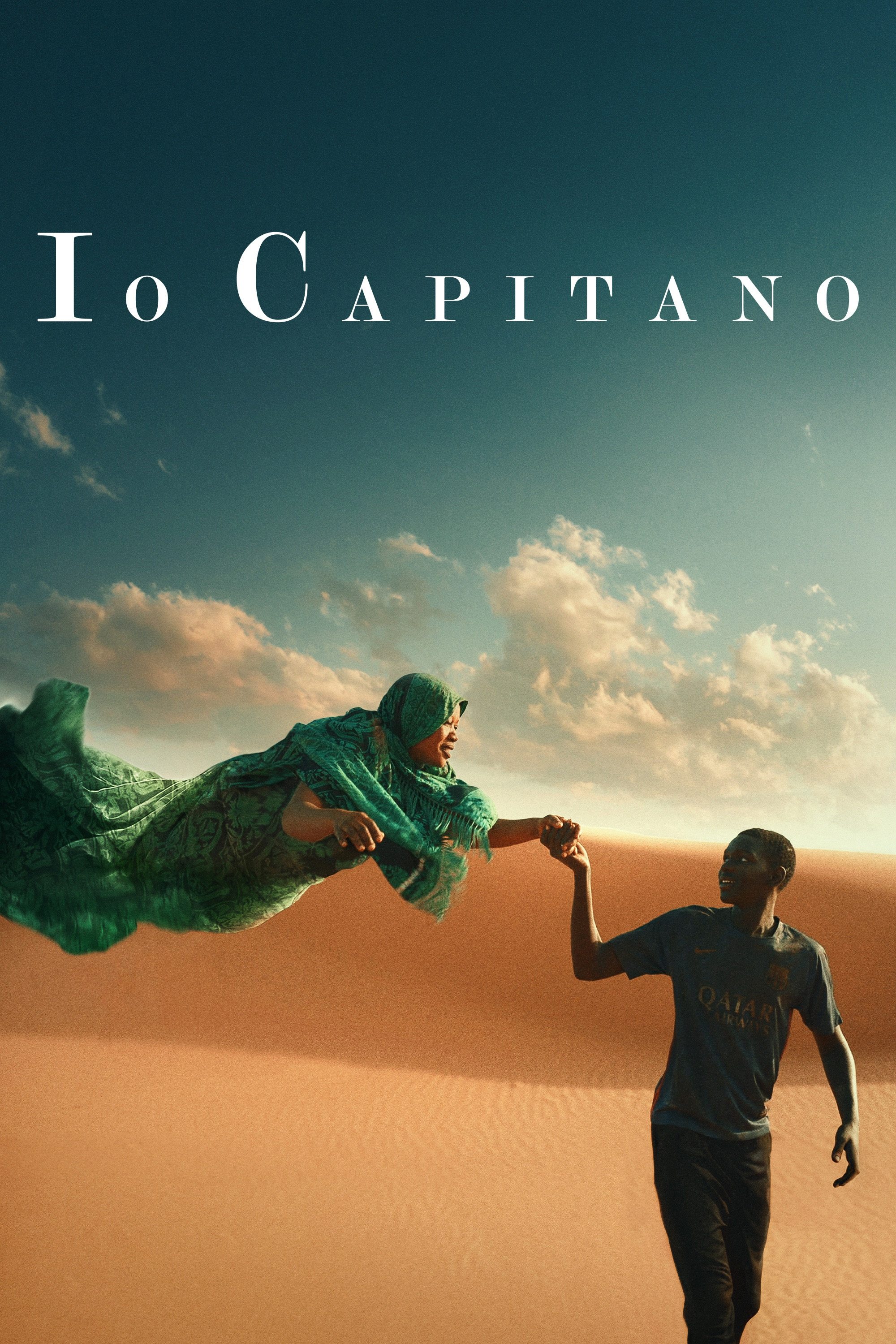
Longing for a brighter future, two Senegalese teenagers embark on a journey from West Africa to Italy. However, between their dreams and reality lies a labyrinth of checkpoints, the Sahara Desert, and the vast waters of the Mediterranean.
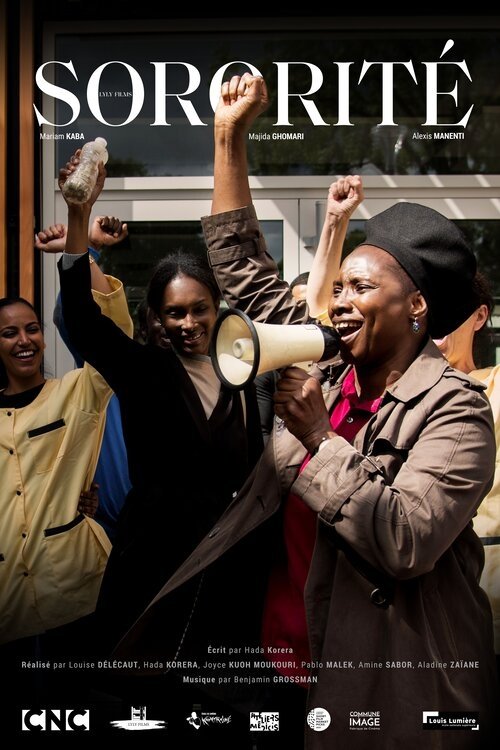
Djéné is a 45-year-old chambermaid employed by a subcontracting agency, working in a large Parisian hotel with deplorable working conditions. One evening, she discovers one of her colleagues unconscious, a victim of the frantic pace imposed by their managers. Djené decides to bring her colleagues together to make their voices heard.

Three officers are tasked with escorting an illegal immigrant to Charles de Gaulle airport, where he will be forced onto a plane and sent back to his homeland. But when they find out about the truth, they have to make a difficult choice.

After five years of graduate studies, Red is always in search of a job and fight every day against the exclusion. Slowly, he is moving away from Anna, the love of his life. As a result of a letter to him meaning its cancellation, he makes it to the Agency for the employment, where he refuses an appointment. Having nothing more to lose, he then takes hostage the staff and the public. As a final appeal to the help, he is decided to save what remains of its dignity.

Paul is married to Sali. Everything would be fine if they could get a child. Until the day when Sali receives the call that they have been waiting for so long: their adoption file is approved. He is adorable, he is 6 months old, his name is Benjamin. He is blond with blue eyes and white. They - are black.
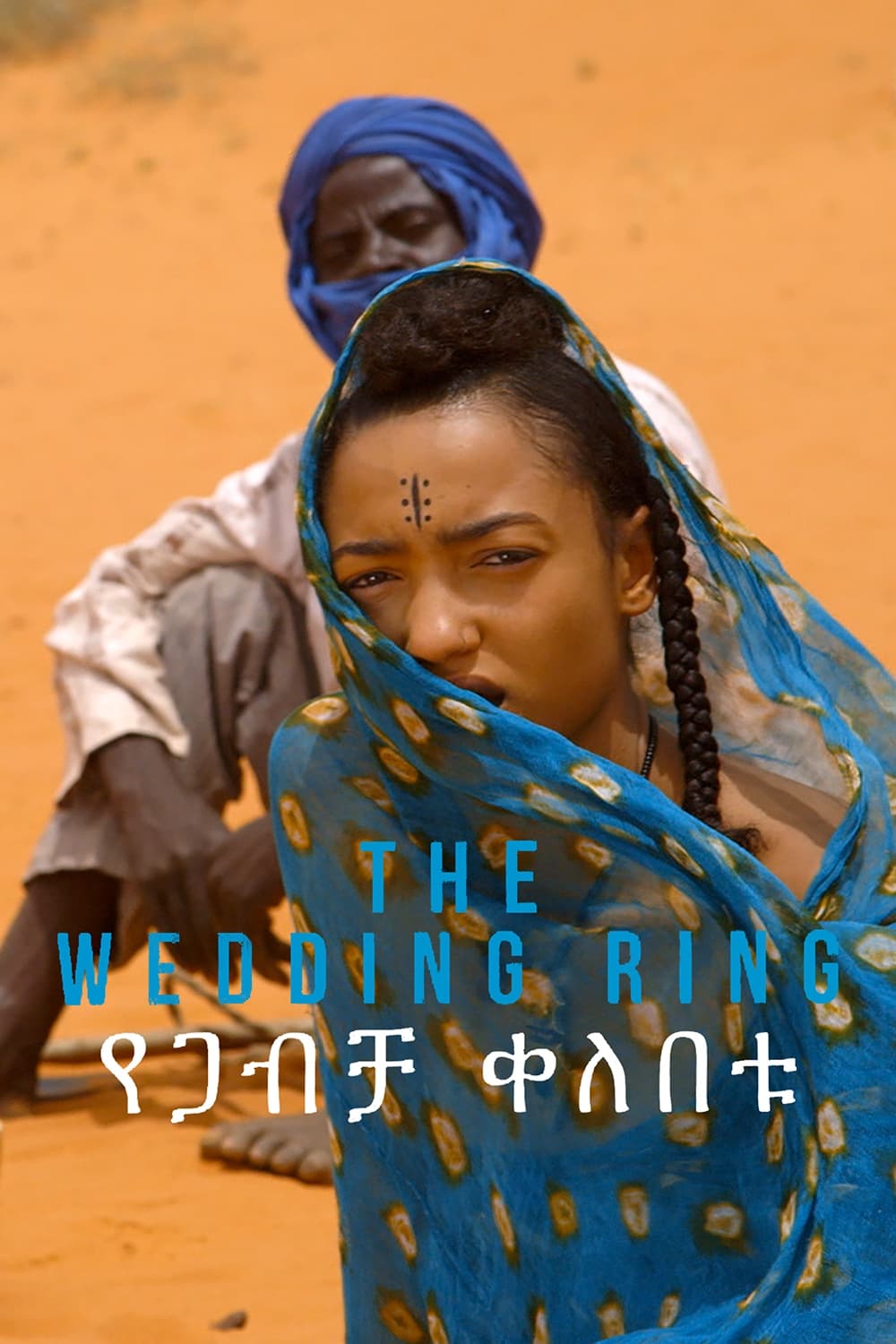
Recently returned to her home in the Sultanate of Zinder after completing her degree abroad, a young woman suffering from the pain of a lost love finds renewal while awaiting the mystical promise of a new moon.

12 year-old Adama lives in a remote village in West Africa, sheltered by the cliffs. Out beyond lies "the world of wind," the kingdom of wicked spirits hungry for war. When his elder brother Samba suddenly vanishes from the village, Adama decides to set off in search of him, crossing into a Europe in the grip of World War I.
Mariam Kaba (born 9 August 1961) is a French-Guinean actress. Kaba was born in Kankan, Guinea, the daughter of Mohamed Ba Kaba, a diplomat and the author of several books on Islam. She moved to France in the early 1980s. After receiving her baccalaureate, Kaba enrolled at École des nouveaux métiers de la communication largely at the behest of her father. She only attended the school for a year and spent the money her father sent her on acting lessons, studying under Isabelle Sadoyan. Kaba's first stage role was as the wife of Toussaint Louverture, alongside Benjamin Jules-Rosette, director of the Théâtre noir in Paris. Soon thereafter, she landed a role in the TV series Marc and Sophie. In 1989, Kaba made her film debut in Périgord noir, directed by Nicolas Ribowski. She played Maina, a young woman who came to work in the Périgord region. In 1992, she starred in her first African film, Blanc d'ébène. A World War II epic directed by Cheik Doukouré, she played a nurse engaged to the teacher Lancéi Kanté. Later in the year, Kaba appeared in Idrissa Ouedraogo's Samba Traoré. She collaborated with Doukouré again in 1994, in Le Ballon d'or. Her son was born in 1999. In 2000, Kaba played Pauline Lumumba, wife of the politician Patrice Lumumba, in Raoul Peck's Lumumba. Kaba had known his son, Roland, in her youth but did not want to meet Pauline in advance of the role. She fought for the role because she was interested in the history. Kaba has appeared in more than 15 French TV shows and TV films, such as Navarro, Villa mon rêve, l'Avocate, Quatre cent suspects and Justice de femmes. Her most controversial performance was in the 2002 TV films Fatou la Malienne and Fatou l'Espoir, directed by Daniel Vigne. Kaba played the mother of Fatou, forcing her into an unwilling marriage. It sparked outcry in Mali and led to her being heckled on the street. Kaba explains that she read the script before meeting the real Fatou, and would never allow her husband to do a similar thing to her daughter. Source: Article "Mariam Kaba" from Wikipedia in English, licensed under CC-BY-SA 3.0.
By browsing this website, you accept our cookies policy.